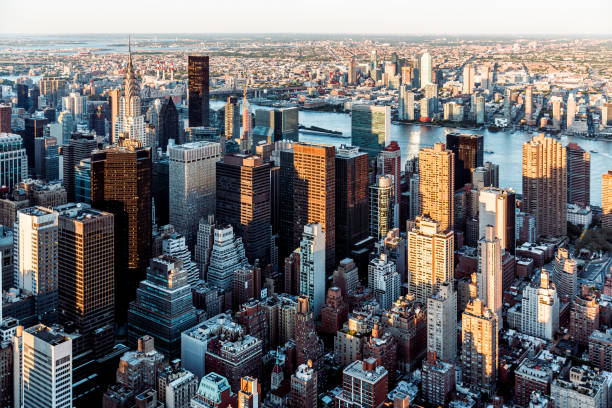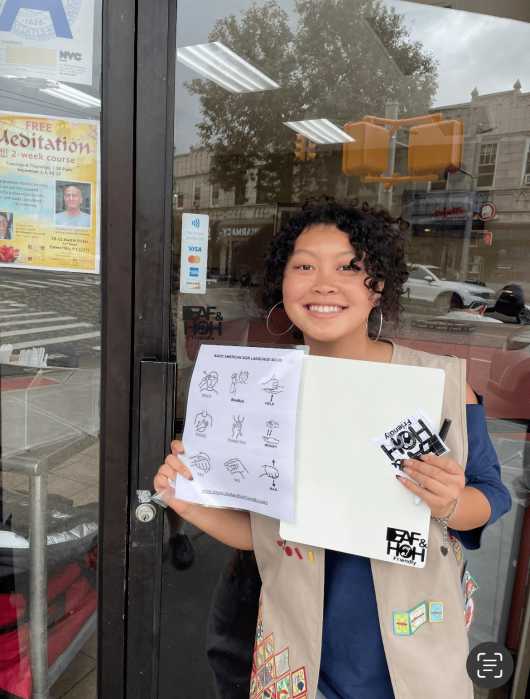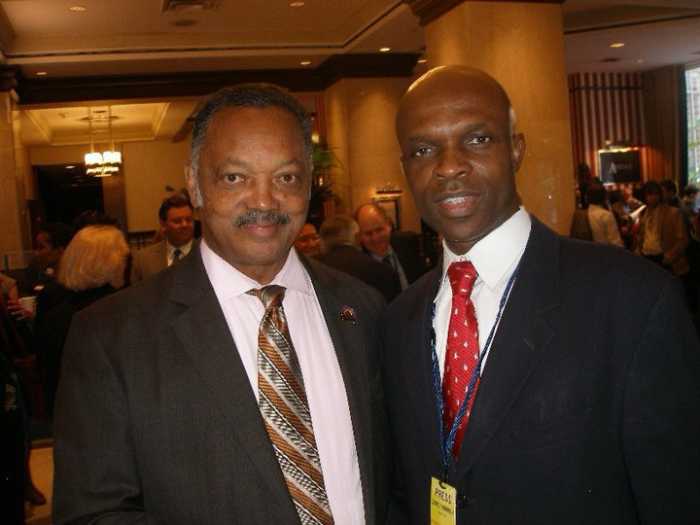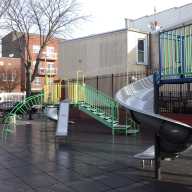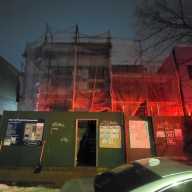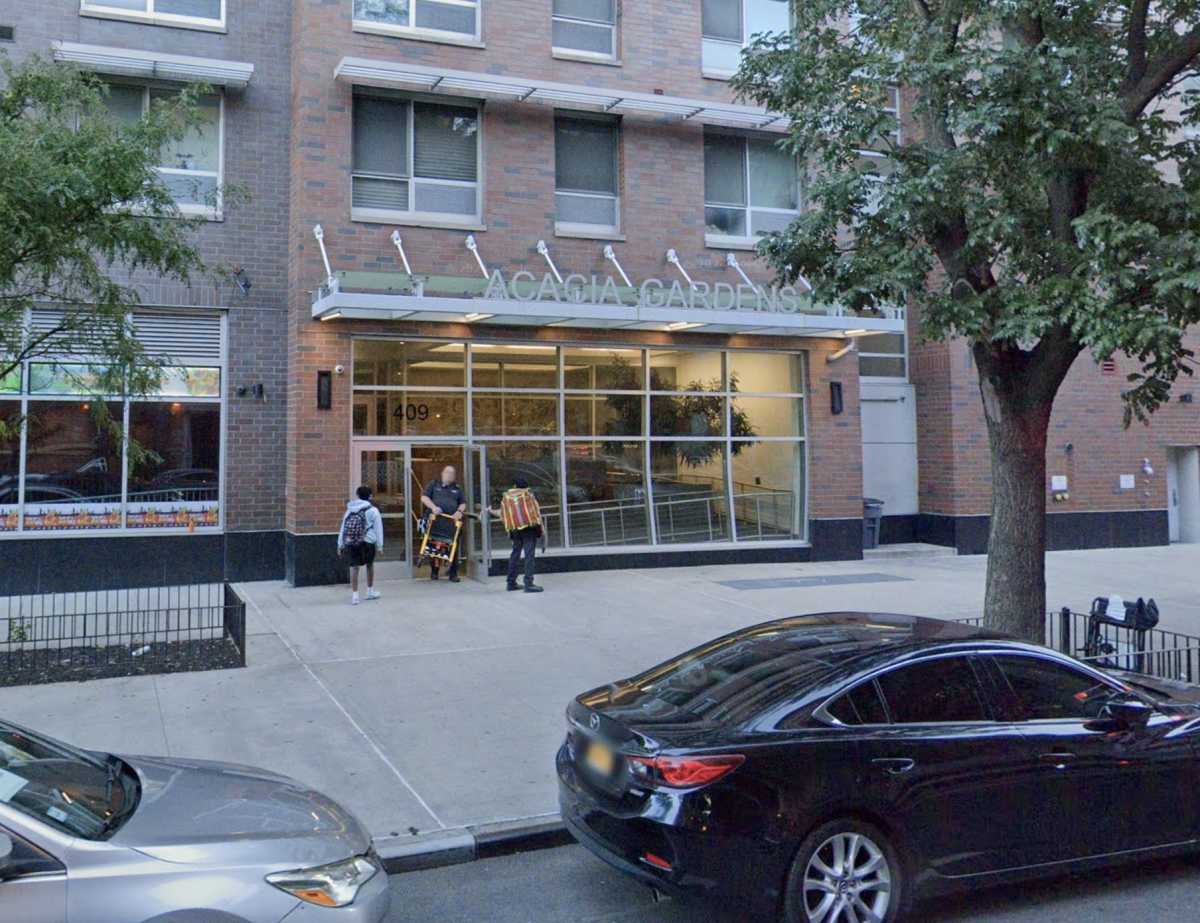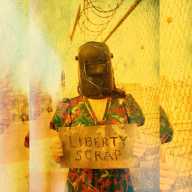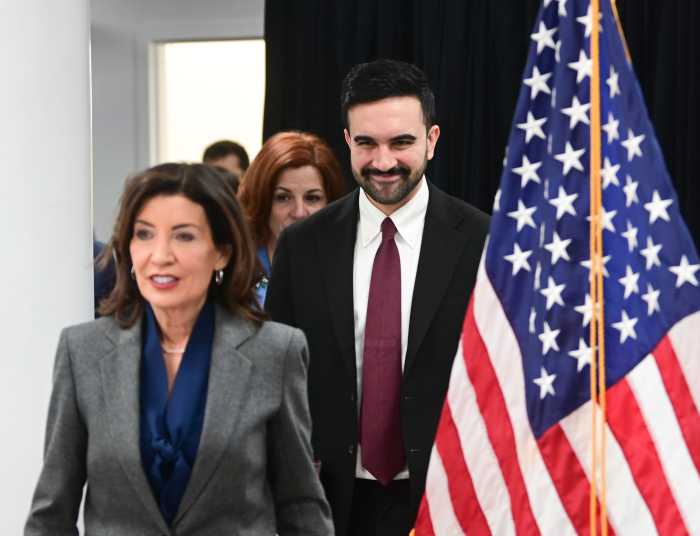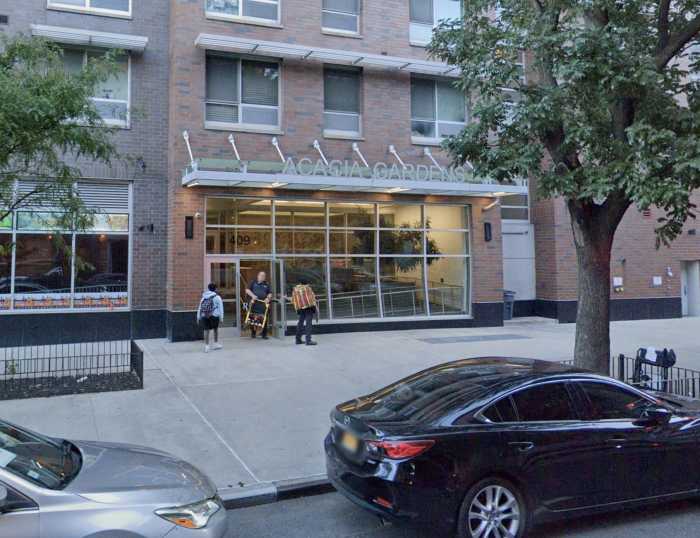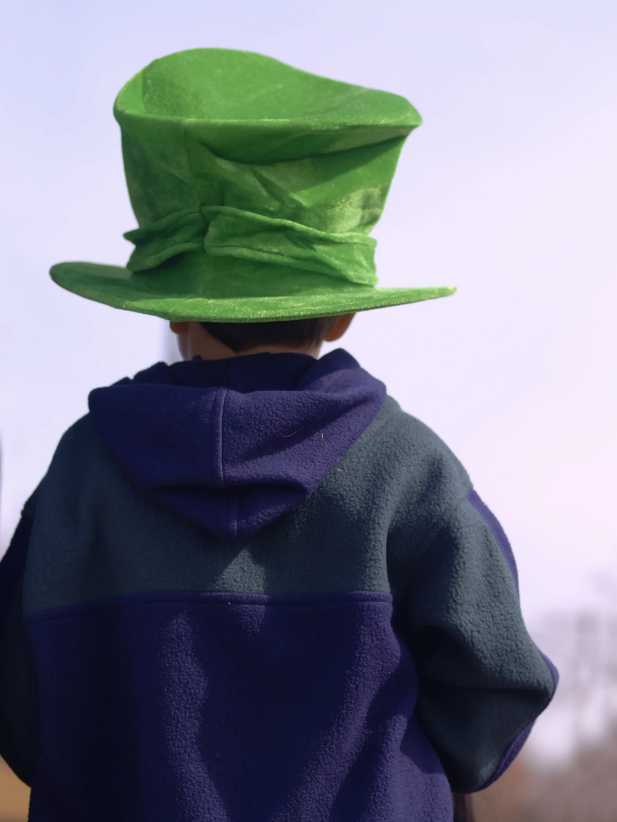BY SETH TAYLOR
Earlier this year, Councilmember Julissa Ferreras announced a “New Deal for Roosevelt Avenue,” a holistic seven-point plan that aims to revitalize what is widely known as one of New York City’s most bustling, yet uncared for, commercial corridors.
Among the seven points is the creation of a “better business environment.” To accomplish this goal, neighborhood businesses, property owners and residents are now discussing a district plan that would expand the boundaries of the 82nd Street Partnership, a vibrant business improvement district (BID) founded in 1990, to include the busy but under-resourced stretch of Roosevelt Avenue to 114th Street.
The new Jackson Heights–Corona BID would also include vital corridors off the Roosevelt Avenue artery; namely, Junction Boulevard, 103rd Street, Corona Plaza and National Street.
Encompassing about 40 blocks with over 1,000 businesses, many of which are owned or operated by immigrant entrepreneurs, the Jackson Heights-Corona BID would become one of the city’s larger and most diverse BIDs. It would give this unique commercial district the resources and organizational capacity it needs to improve quality of life, promote local economic growth and, perhaps most importantly, plan for its future.
In planning the new Jackson Heights-Corona BID, the 82nd Street Partnership has been organizing numerous meetings and workshops with help from local groups including Make the Road New York, the Queens Chamber of Commerce, Immigrant Movement International (in conjunction with the Queens Museum of Art), Junction Boulevard Merchants Association, the Corona Community Action Network, Queens Economic Development Corporation and the city’s Department of Small Business Services. Under the leadership of Commissioner Robert Walsh, the Department of Small Business Services has successfully launched 24 BIDs citywide since 2002, with 20 of them outside Manhattan.
To further guide the BID planning process, a steering committee composed of small business owners, property owners and residents has been meeting regularly since January of this year. And a dedicated trilingual merchant organizing team has been making daily door-to-door visits to businesses. The team has collected dozens of surveys and fielded comments about the proposed BID.
Based on the extensive community input we have received thus far, the Jackson Heights–Corona BID would create a better business environment by investing in the following core programs and services:
• Sanitation, maintenance and graffiti removal: The BID’s clean team will sweep sidewalk litter, empty litter baskets, remove all graffiti from public and private property, pressure-wash sidewalks to remove pigeon droppings, paint street furniture and shovel snow from crosswalks and bus stops.
• Advocacy and small business assistance: The BID will work closely with city government agencies including police, sanitation, parks, transportation, small business services, consumer affairs and the mayor’s office, among others, to foster a business-friendly environment.
• Public space improvements: The BID will work with the city to create public spaces that are inviting and comfortable. New street trees, brighter lighting, more bicycle parking, outdoor art and new benches are some of the improvements we can expect to see.
• Marketing and events: The BID will create a shopping directory and website, organize outdoor events and promote the corridors as great places to shop and visit year-round.
As more stakeholders learn about the Jackson Heights–Corona BID plan, it is encouraging to see support steadily grow. Over the next few months, we look forward to continuing our outreach, and we encourage everyone who has a stake in the district to please get involved in this monumental neighborhood-improvement effort.
For more info on the proposed Jackson Heights–Corona BID, please visit www.JHCoronaBID.org.
Seth Taylor is executive director for the 82nd Street Partnership.


